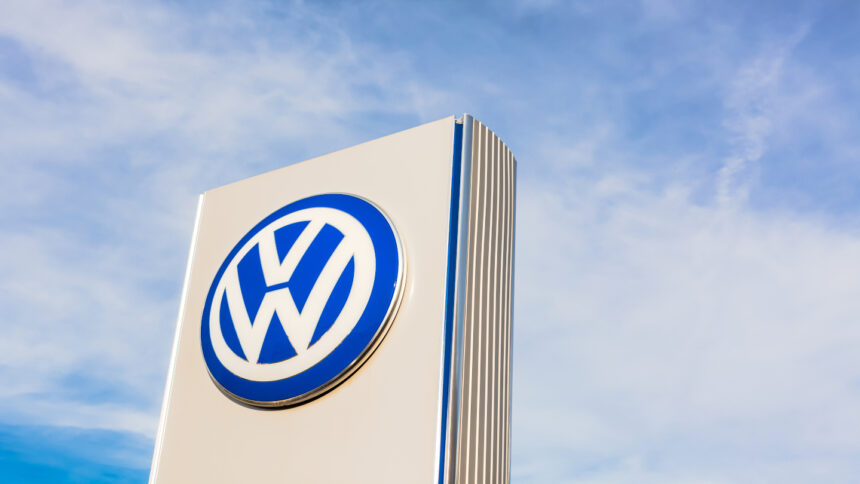Volkswagen Group CEO Oliver Blume recently emphasized the critical need for urgent measures to reduce labor costs and capacity to ensure the company’s future sustainability. Speaking to around 20,000 employees at the Wolfsburg headquarters, Blume acknowledged the progress made in streamlining operations and enhancing car quality. However, he stressed that further actions are necessary to maintain competitiveness in the face of intense competition, price pressures, and high labor costs.
Blume highlighted the rapidly evolving automotive landscape, with new competitors emerging strongly. Despite acknowledging improvements in design and quality, he underscored the importance of reducing labor costs and capacity to secure Volkswagen’s future. This call for action was met with disapproval from the workforce, with instances of booing during his speech, especially when he mentioned his personal connection to Wolfsburg, as reported by undisclosed sources to Reuters.
The CEO pointed out the immense price pressure faced by Volkswagen and the importance of reestablishing the company’s position in China, a significant source of stable earnings. In response, Daniela Cavallo, head of Volkswagen’s labor council, called for sacrifices from all parties, including management and shareholders, to reach an agreement before Christmas. She advocated for fair compromises that would be shared across the board.
The meeting was attended by German Labor Minister Hubertus Heil, who urged solutions to avoid plant closures or forced layoffs, emphasizing the need for future investment to strengthen Germany’s industrial sector. Union officials cautioned that failure to reach an agreement could lead to escalated strike actions, potentially resulting in longer or indefinite walkouts.
The two sides are scheduled to meet for a fourth round of talks on December 9, following nearly 100,000 Volkswagen employees engaging in strikes across Germany to protest the company’s proposals for wage reductions and potential site closures. The IG Metall union has warned of escalating industrial action if Volkswagen continues with its current plans.
The strikes involved stoppages by morning shift workers and early walkouts by evening personnel at nine plants across Germany. These actions followed a decision by labor representatives at Volkswagen to commence limited strikes in early December after negotiations on wages and plant closures reached an impasse.







